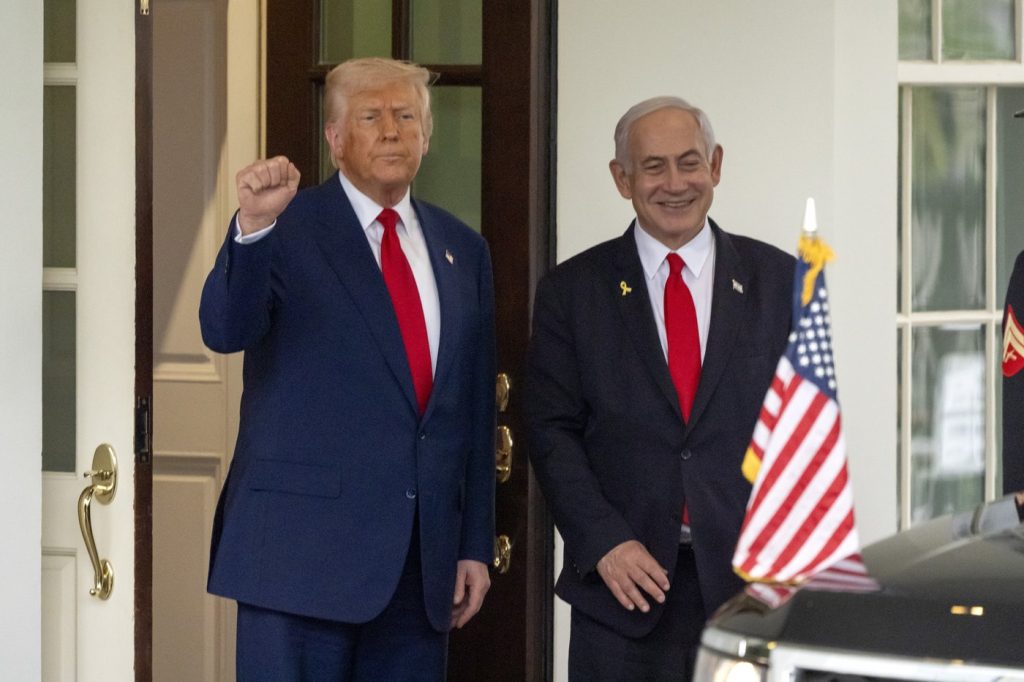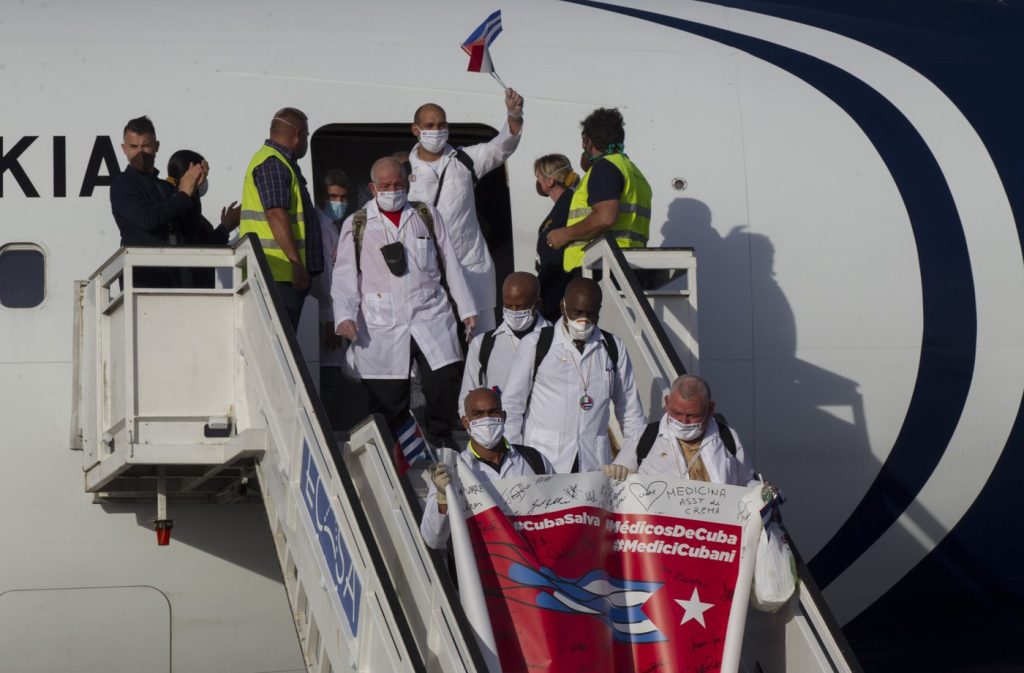President Donald Trump is scheduled to host Israeli Prime Minister Benjamin Netanyahu at the White House next Monday. This meeting signifies Trump's escalated efforts to mediate a ceasefire and a hostage agreement between the Israeli government and Hamas, aiming to bring an end to the ongoing conflict in Gaza. The confirmation of this visit came from two U.S. administration officials who requested anonymity due to the sensitive nature of the discussion.
This will be Netanyahu's third visit to the White House since Trump resumed office in January. His arrival coincides with U.S. involvement in Israel's military actions against Iran, particularly following recent strikes on Iranian nuclear sites. These strikes were part of a broader strategy by Trump to address threats from Iran, which culminated in a temporary ceasefire agreement between Israel and Iran. Now, the focus shifts towards alleviating hostilities between Israel and Hamas.
In a press briefing, Trump expressed optimism about achieving a ceasefire in Gaza within the upcoming week, although he did not elaborate on the basis for his confidence. White House Press Secretary Karoline Leavitt stated that discussions on a ceasefire have become a top priority for the administration, highlighting the distressing images emerging from both Israel and Gaza. Leavitt emphasized the President's commitment to preventing further loss of life.
In addition to Netanyahu's scheduled talks, Israeli Minister for Strategic Affairs Ron Dermer is also in Washington, engaging with senior administration officials regarding the ceasefire, Iran, and other critical issues. However, discussions between Israel and Hamas have faced significant hurdles, particularly regarding the conditions necessary to finalize a ceasefire. Currently, approximately 50 hostages remain in Gaza, with survival rates for less than half being uncertain.
As the meeting between Trump and Netanyahu approaches, the backdrop includes ongoing scrutiny from Democratic lawmakers about the efficacy of U.S. and Israeli military actions concerning Iran's nuclear program. A recent U.S. Defense Intelligence Agency report indicated that the strikes resulted in substantial damage to key Iranian facilities—Fordo, Natanz, and Isfahan—but did not eradicate them entirely. Rafael Grossi, head of the International Atomic Energy Agency, mentioned on CBS’s "Face the Nation" that while significant impairments were inflicted, Iran retains the capacity to resume uranium enrichment if it chooses to do so, pending access for inspectors to evaluate the damage comprehensively.
In addition to foreign policy matters, Trump has publicly intervened in Israeli affairs, specifically calling for the dismissal of corruption charges against Netanyahu, labeling the trial a "WITCH HUNT." Trump's involvement has sparked concern among segments of Israel's political landscape, considering the gravity of the corruption allegations facing Netanyahu.
Furthermore, the Trump administration has authorized a new arms sale to Israel, valued at $510 million. The sale comprises over 7,000 guidance kits for Joint Direct Attack Munitions (JDAMs), which are vital for precision munitions used in the ongoing conflict in Gaza and against Iranian targets. The State Department affirmed that supporting Israel's defense capabilities is critical to U.S. national interests and aligns with broader strategic objectives.
Overall, the discussions surrounding the ceasefire, the tensions with Iran, and the implications of U.S. military support encapsulate the complex dynamics at play in the region as Trump resumes his role in diplomatic negotiations aimed at restoring stability.












